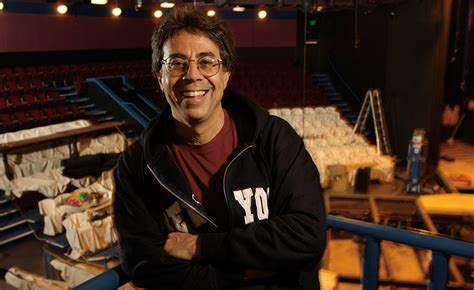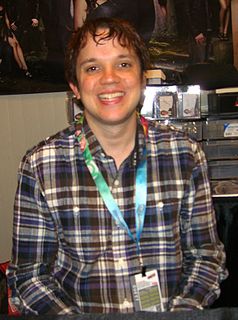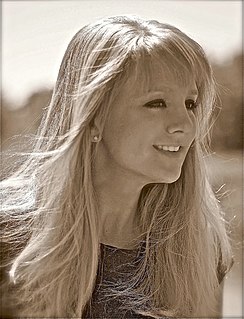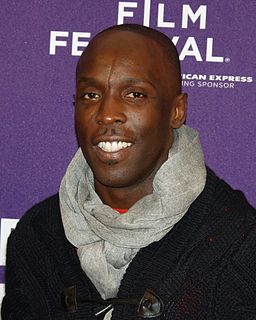A Quote by Mariette Hartley
Bipolar disorder is something that is mine. And it is very difficult to talk about it.
Related Quotes
I learned that I suffered from bipolar II disorder, a less serious variant of bipolar I, which was once known as manic depression. The information was naturally frightening; up to 1 in 5 people with bipolar disorder will commit suicide, and rates may even be higher for those suffering from bipolar II.
For bipolar in adults, I think there's pretty good agreement about what this looks like. For bipolar in children, there is some considerable debate about where are the boundaries. At the mild end, are these just kids who are active? Is this the class clown at the very severe - is this something other than a mood disorder?
I had a very dear friend of mine, ton of potential, and he fell ill with bipolar disorder. And he was put in the penal system. And that was just adding fuel to the fire. He got worse. He came out and he's never been the same since. He can't seem to get his life back. And this is a man who could have had Hollywood in the palm of his hand. A lot of my inspiration and aspirations for wanting to be an actor, I owe to him. Between the disorder and him being put in jail, it just snuffed all of that away from him.
Pathology is a relatively easy thing to discuss, health is very difficult. This, of course, is one of the reasons why there is such a thing as the sacred, and why the sacred is difficult to talk about, because the sacred is peculiarly related to the healthy. One does not like to disturb the sacred, for in general, to talk about something changes it, and perhaps will turn it into a pathology.

































